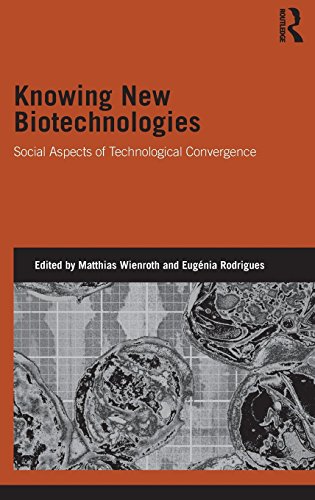

Most ebook files are in PDF format, so you can easily read them using various software such as Foxit Reader or directly on the Google Chrome browser.
Some ebook files are released by publishers in other formats such as .awz, .mobi, .epub, .fb2, etc. You may need to install specific software to read these formats on mobile/PC, such as Calibre.
Please read the tutorial at this link: https://ebookbell.com/faq
We offer FREE conversion to the popular formats you request; however, this may take some time. Therefore, right after payment, please email us, and we will try to provide the service as quickly as possible.
For some exceptional file formats or broken links (if any), please refrain from opening any disputes. Instead, email us first, and we will try to assist within a maximum of 6 hours.
EbookBell Team

4.0
76 reviewsThe areas of personal genomics and citizen science draw on – and bring together – different cultures of producing and managing knowledge and meaning. They also cross local and global boundaries, are subjects and objects of transformation and mobility of research practices, evaluation and multi-stakeholder groups. Thirdly, they draw on logics of ‘convergence’: new links between, and new kinds of, stakeholders, spaces, knowledge, practices, challenges and opportunities.
This themed collection of essays from nationally and internationally leading scholars and commentators advances and widens current debates in Science and Technology Studies and in Science Policy concerning ‘converging technologies’ by complementing the customary focus on technical aspirations for convergence with the analysis of the practices and logics of scientific, social and cultural knowledge production that constitute contemporary technoscience. In case studies from across the globe, contributors discuss the ways in which science and social order are linked in areas such as direct-to consumer genetic testing and do-it-yourself biotechnologies.
Organised into thematic sections, ‘Knowing New Biotechnologies’ explores:
• ways of understanding the dynamics and logics of convergences in emergent biotechnologies
• governance and regulatory issues around technoscientific convergences
• democratic aspects of converging technologies – lay involvement in scientific research and the co-production of biotechnology and social and cultural knowledge.